From Prime Day to Black Friday, the world's biggest shopping events
The world's biggest retail bonanzas
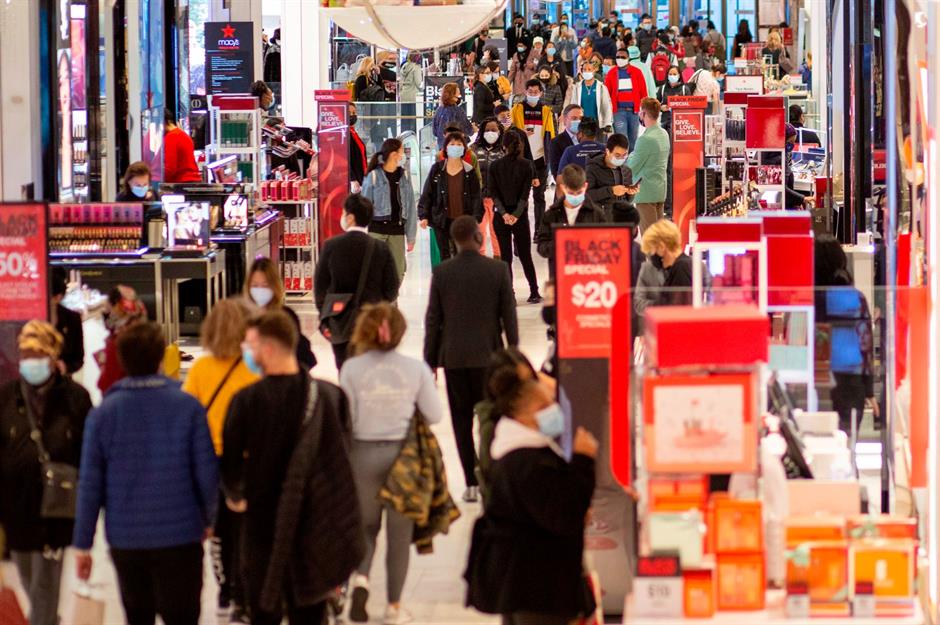
Russian Cyber Monday – last Monday in January

Keen to kickstart its exclusive online sales, Russian authorities teamed up with retailers to launch the country's very own Cyber Monday in 2013. The event is held on the last Monday in January, coinciding with the end of the long New Year break.
Russian Cyber Monday – last Monday in January

Although it's modelled on the worldwide Cyber Monday sales, which take place on the first Monday after Thanksgiving, the Russian version is typically restricted to electronics and household appliances. These products can boast breathtaking discounts of up to 90%.
Sponsored Content
Russian Cyber Monday – last Monday in January
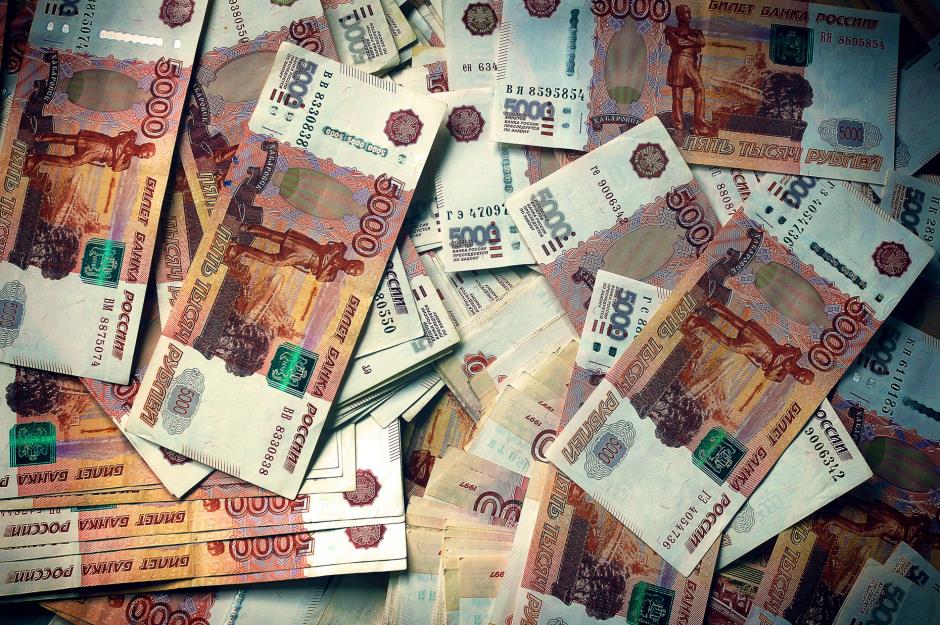
Cyber Monday isn't as popular as Black Friday in Russia. While the average customer receipt on Black Friday in 2019 was 5,273 rubles ($73.70/£54.10), the average receipt on Cyber Monday was just 2,015 rubles ($28.15/£20.65), according to data from Statista. However, this can potentially be explained by the fact that fewer businesses take part in Russia's exclusive Cyber Monday deals. According to the event's official website, there are around 115 participating brands, including Yves Saint Laurent, eBay, and Huawei.
Click Frenzy – various dates

A biggie Down Under, Click Frenzy is Australia's number one internet shopping day. Launched in 2012 by the company Global Marketplace, it typically takes place three times a year and has been described as 'Boxing Day sales on digital steroids'. The Click Frenzy site asks people to register in advance to access the best deals.
Click Frenzy – various dates

The first Click Frenzy event of 2021, Click Frenzy Travel, took place in April. Two additional sales were held in May and June, with a final event in November.
Sponsored Content
Click Frenzy – various dates

Registered members can save up to 99% on products from companies such as Apple, Sony, and Adidas. This year's deals have included AU$11 ($8/£6) Samsung Galaxy phones and AU$18 ($15/£10) flat-screen TVs. That's almost unfathomable! Last May, the 2020 event set records in terms of website visits, with traffic increasing by 70% from the previous year. Retailers typically report a 200% increase in sales, according to Global Marketplace statistics.
White Day – 14 March
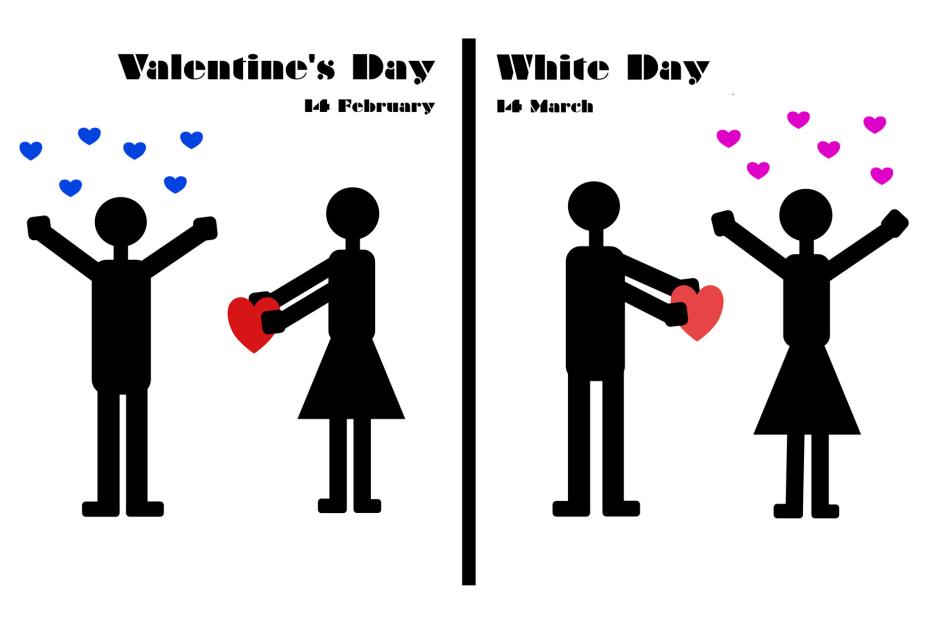
First celebrated in 1978, White Day falls a month after Valentine's Day. In Japan, it's traditional for women to present men with gifts on Valentine's Day while men are expected to reciprocate on White Day, when they buy their sweethearts something white. Typically, this is chocolate, but it could also be cake, handkerchiefs, or even pearls.
White Day – 14 March

Sponsored Content
White Day – 14 March
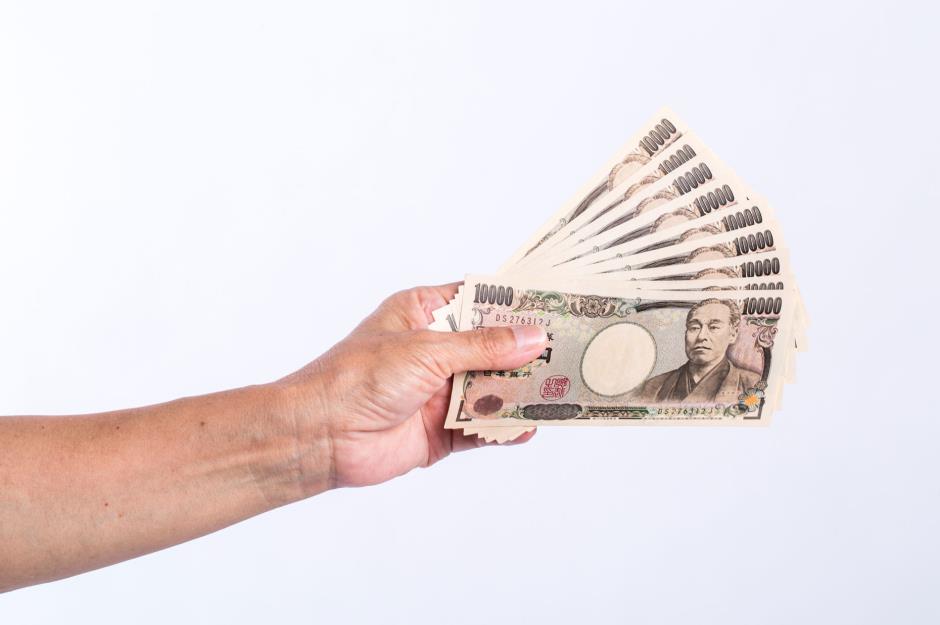
In the run-up to White Day, chocolatiers and candy makers shift tonnes of their wares in Japan and its neighbouring countries. Japanese men were estimated to have spent $500 million (£402.8m) on chocolates alone in March 2017, according to researchers at the Kinenbi Culture Laboratory. However, the same research lab reported that the market was down by 6% the following year. The reason? The Japan Anniversary Association believes that fewer women are giving gifts on Valentine's Day, therefore fewer men are returning gifts on White Day.
Amazon Prime Day – typically June or July
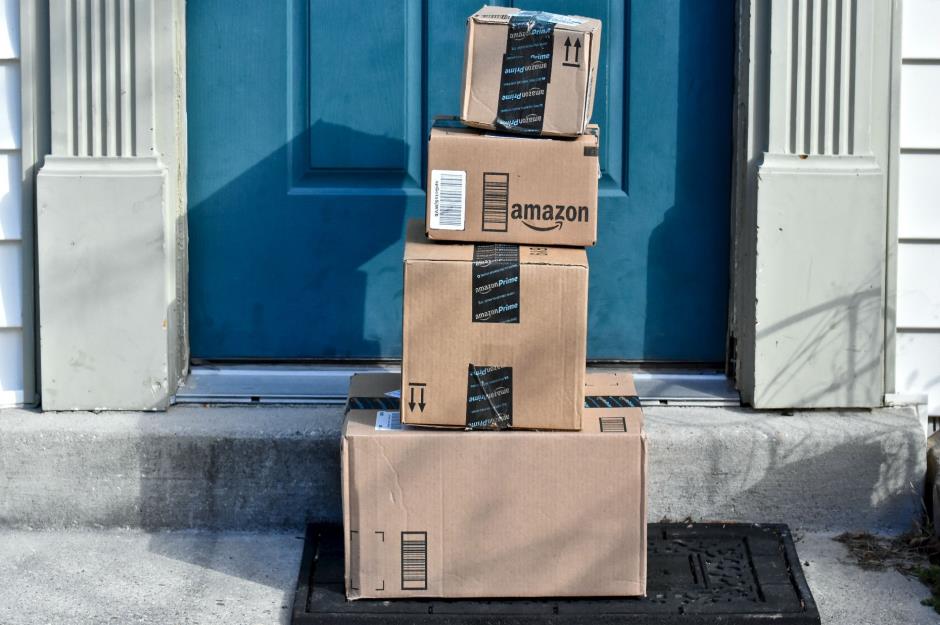
Amazon Prime Day has actually been held over two days since 2019. Typically a summer event, it was pushed back to October in 2020 due to the COVID-19 pandemic. This year it was held in June again.
Amazon Prime Day – typically June or July
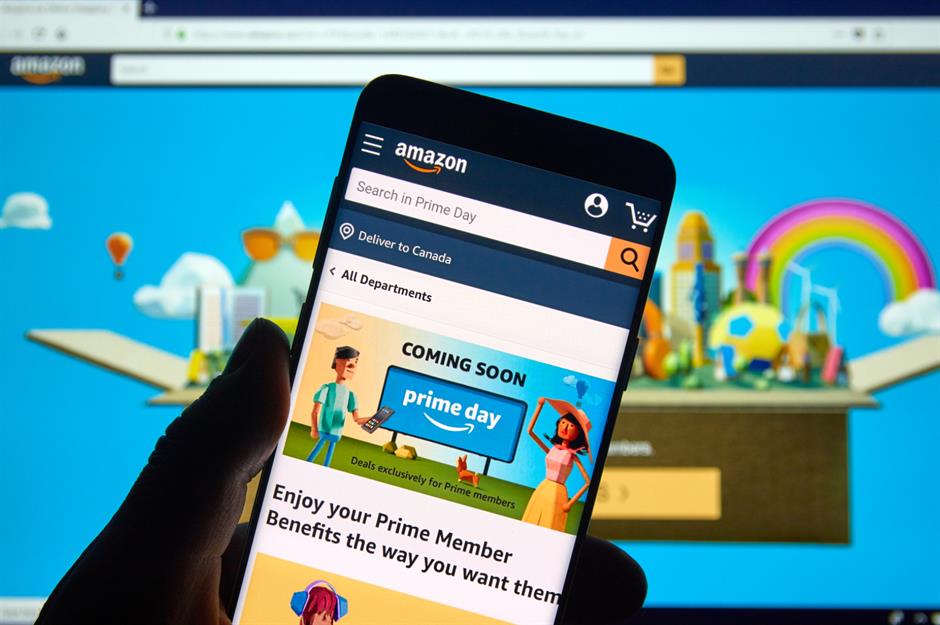
The sale is exclusive to Amazon Prime members. The best-selling product of the 2021 sale was the Amazon Echo, according to Tech Radar. Bargain hunters also snapped up the likes of laptops and 4K TVs, with average savings of around 30-40%.
Sponsored Content
Amazon Prime Day – typically June or July

Adobe Analytics tracked sales of $11 billion (£7.9bn) during Prime Day 2021. That's almost $1 billion (£732.6m) more than was recorded in 2020, when Amazon shifted $10.4 billion (£7.5bn) of stock.
El Buen Fin – weekend before the Mexican Revolution holiday

Launched in 2011, El Buen Fin ('the good weekend') takes place just before Mexico's Revolution Day and is the country's take on Black Friday. This year, it was scheduled for 19 November, kicking off the Mexican Christmas shopping season.
El Buen Fin – weekend before the Mexican Revolution holiday
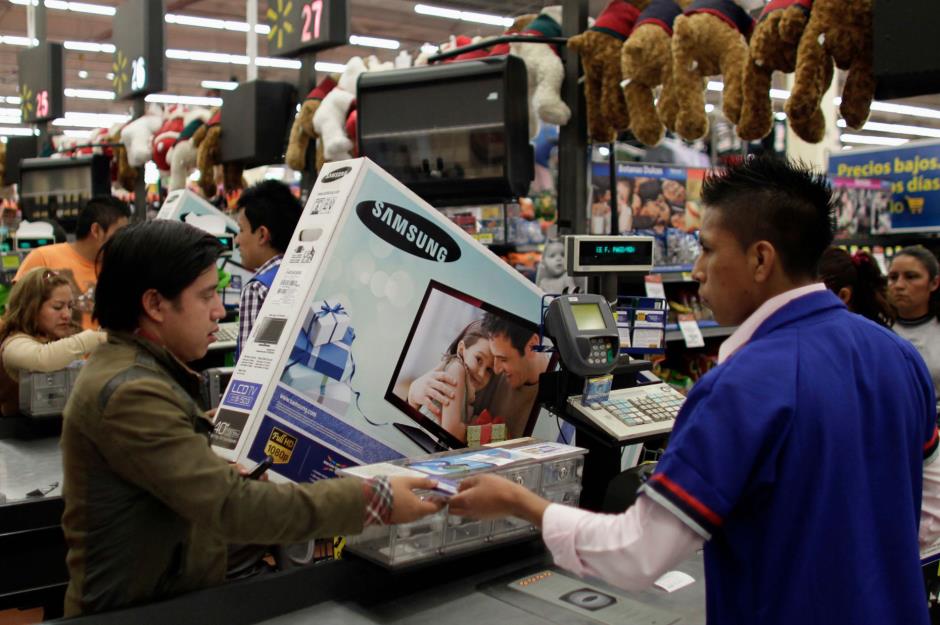
A joint government and private sector initiative, El Buen Fin is retail paradise. Many stores offer generous discounts of 90%, and sometimes even more on selected doorbuster products.
Sponsored Content
El Buen Fin – weekend before the Mexican Revolution holiday
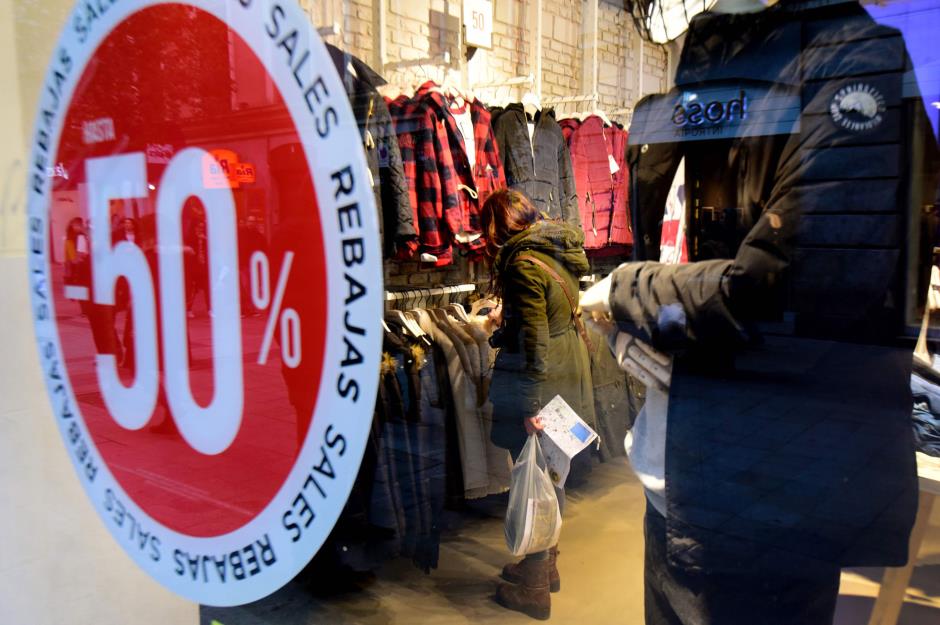
The sale is a major money-spinner. According to Statista, total sales across the long weekend in 2020 topped a massive 239 billion Mexican pesos ($11.7bn/£8.4bn), nearly double the 120 billion pesos ($5.9bn/£4.2bn) that was generated during El Buen Fin in 2019. The top-selling products? Home products made up 23% of sales in 2020, while services made up 18%.
Black Friday – Friday after Thanksgiving
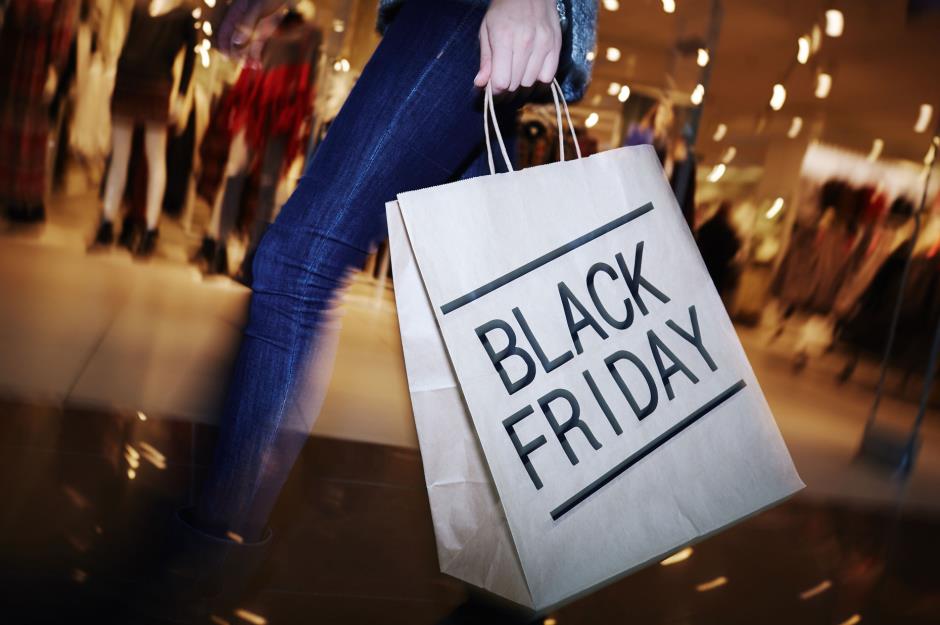
Held on the first Friday after Thanksgiving in the US, America's most important shopping day has its origins in 1960s Philadelphia. It's since been adopted across the States and in many countries worldwide, including the UK, Canada, and India.
Black Friday – Friday after Thanksgiving

Black Friday heralds the start of the holiday shopping season, with retailers offering markdowns of up to 90% on doorbuster products both on and offline. In the battle to bag the best bargains, however, some people experience 'shopping cart rage', often leading to fights over products in stores.
Sponsored Content
Black Friday – Friday after Thanksgiving

In 2020, US shoppers spent a total of $9 billion (£6.6bn) online the day after Thanksgiving. With online sales up 21.6% on 2019, according to Adobe, this was the highest amount ever spent online during Black Friday – mainly because more people shopped from home due to the pandemic. In the run-up to the 2021 event, retail behemoths such as Walmart and Amazon were already offering early deals on items such as iPads, Chromebooks, and TVs.
Cyber Monday – Monday after Thanksgiving

Shopping heaven for tech fans, Cyber Monday is an exclusively online affair that takes place after the long Thanksgiving weekend. Launched in 2005, the shopping bonanza is big in the USA and other countries across the globe, including the UK, Brazil, and Japan.
Cyber Monday – Monday after Thanksgiving

Many online retailers choose to save their best deals for Cyber Monday rather than rolling them out on Black Friday, offering flash discounts of up to 90% on a variety of products from smartphones to fashion.
Sponsored Content
Cyber Monday – Monday after Thanksgiving

According to CNBC, Cyber Monday sales in the US reached $10.8 billion (£7.8bn) in 2020, an increase of 15.8% increase from 2019. Research from Finances Online shows that Americans most look forward to shopping at Amazon, Target, and Walmart during the event.
Super Saturday – Saturday before Christmas Day

The Saturday before Christmas is typically the most hectic offline shopping day of the year, with millions of last-minute shoppers hitting the stores to snap up their remaining gifts. Dubbed 'Super Saturday' or 'Panic Saturday', many retailers offer big discounts to attract the crowds.
Super Saturday – Saturday before Christmas Day
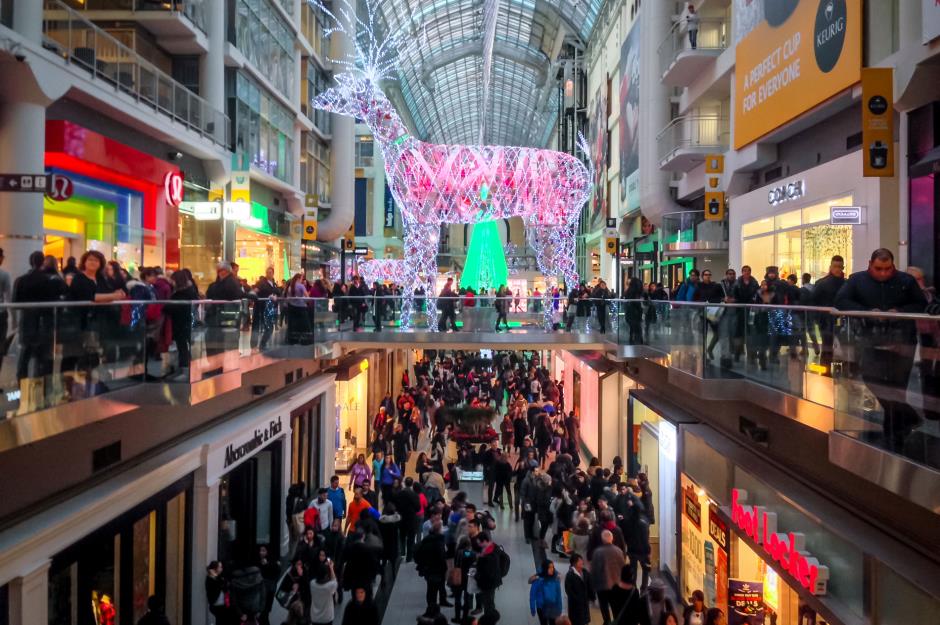
Never mind the shoppers – the retailers themselves sometimes panic on Super Saturday, especially if they haven't shifted as much stock as they would like during the holiday season. As a result, some of the best bargains of the year can be found on Super Saturday as brands hurry to offload their shelves.
Sponsored Content
Super Saturday – Saturday before Christmas Day
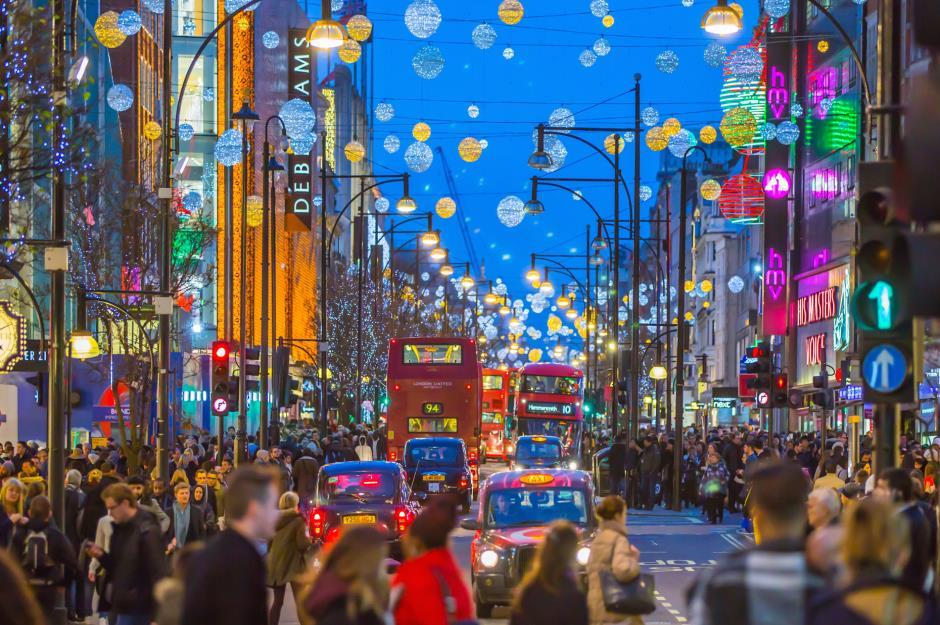
Typically one of the biggest shopping days of the year, the pandemic hit Super Saturday and retailers hard in 2020. Traffic at US retail giants such as Target, Walmart, Best Buy, and T.J. Maxx was down between 11% and 21% compared to 2019. But now that many restrictions have lifted, in-person super sales could recover in 2021. Although over 60% of US shoppers plan to buy their Christmas gifts online, according to Deloitte, almost 40% favour the offline experience. Around 47% of these shoppers want to avoid shipping costs, while 42% go to enjoy the festive atmosphere.
Singles' Day – 11 November

China's biggest online shopping extravaganza, Singles' Day was created by students at Nanjing University in the 1990s as a way to celebrate their singledom. The date was chosen because 11.11 resembles a group of single people, or 'bare branches'.
Singles' Day – 11 November

Non-attached people celebrate the occasion by partying and treating themselves to fancy gifts. Singles' Day soon caught on nationwide but it wasn't until 2009 that it became such an epic shopping event. That year, online e-commerce giant Alibaba launched its famous 'Double 11' deals – and sales skyrocketed.
Sponsored Content
Singles' Day – 11 November
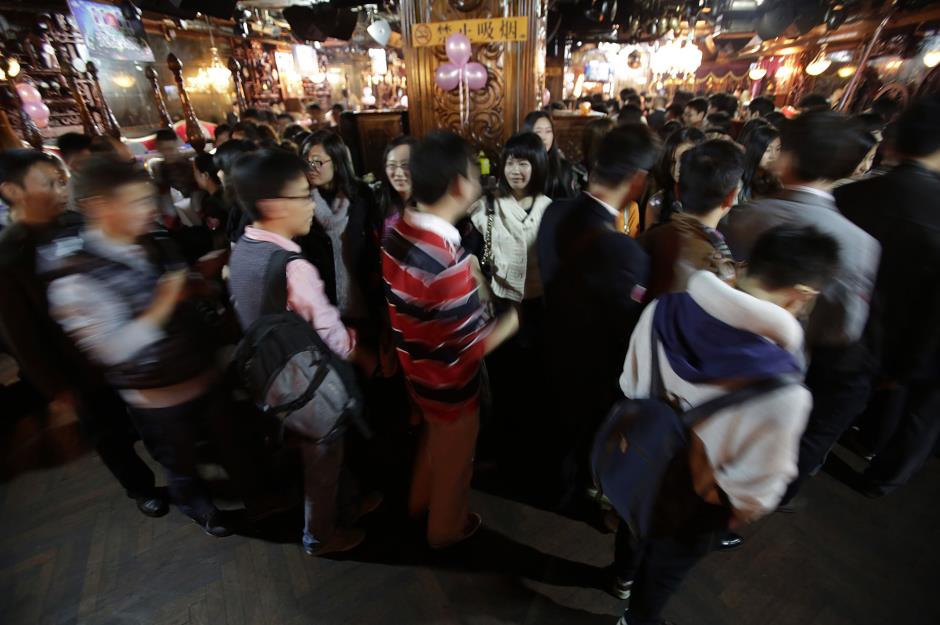
Retail sales on Singles' Day now eclipse those on Black Friday and Cyber Monday combined. In fact, 2020 was a record year after the event was extended to last 11 days from 1 November to 12 November. This year was another hit. Chinese livestreaming star Austin Li Jiaqi sold over $1.7 billion (£1.2bn) worth of goods on Alibaba in a 12-hour period on 21 October just in a promotional event. And major retail sites Alibaba and JD.com alone generated $139 billion (£104bn) in sales over the Singles' Day period, a new record. JD said there were increased sales of luxury goods and pet products, both potentially a result of the pandemic.
Now see some online shopping tricks to save you money
Comments
Be the first to comment
Do you want to comment on this article? You need to be signed in for this feature